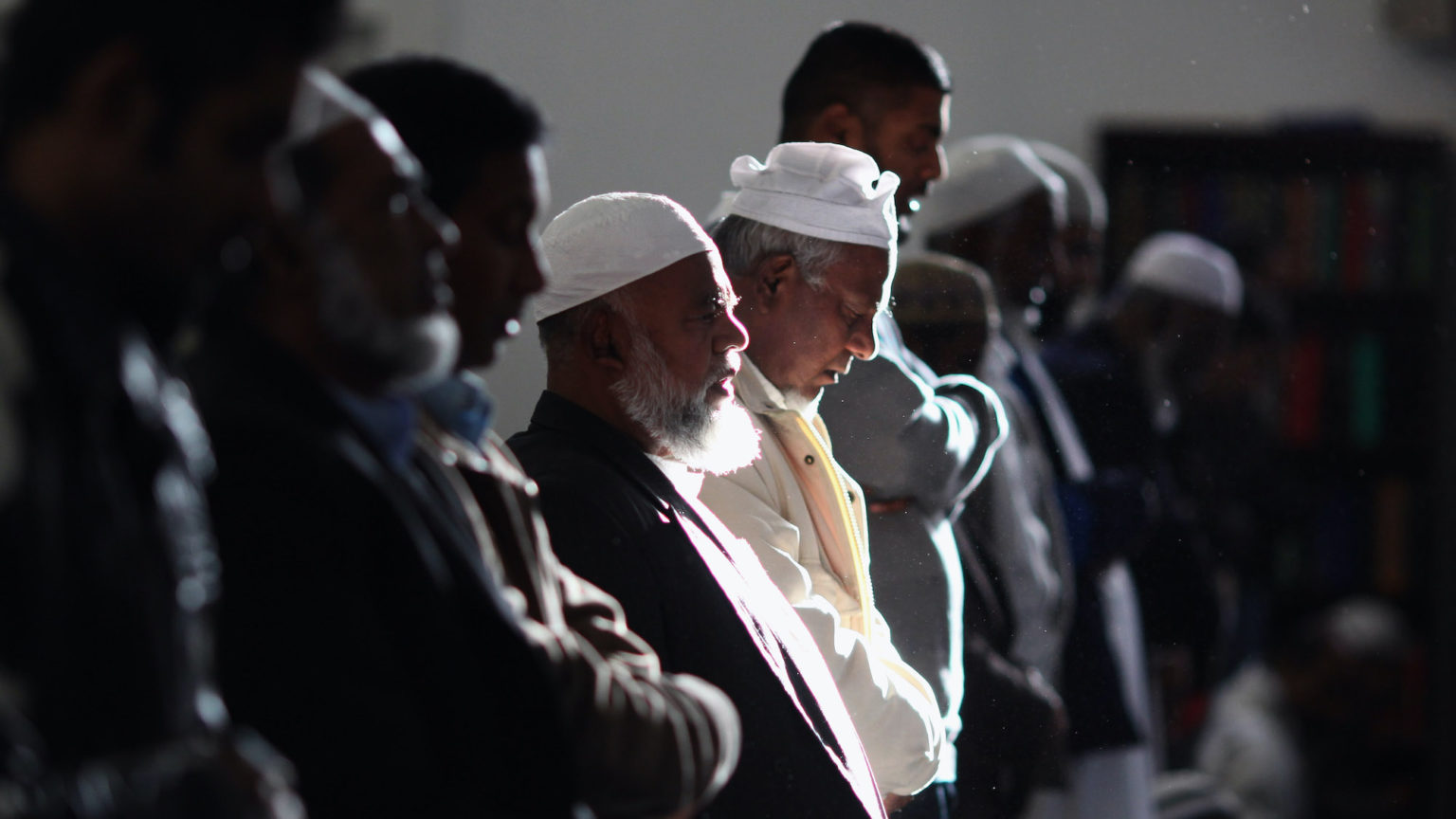Time to break the culture of silence on grooming gangs
Tribal loyalty and victimhood narratives stopped many British Pakistanis from speaking out.

Want to read spiked ad-free? Become a spiked supporter.
Earlier this month, the UK government’s safeguarding minister, Jess Phillips, delivered yet another betrayal to grooming-gangs victims. Having promised to hold five local inquiries in areas where the gangs were operating, Phillips announced that there would now only be one local inquiry – in Oldham.
It seems that we are still awaiting a true national reckoning with the large-scale, decades-long rape and abuse of thousands of young girls at the hands of groups of largely British Pakistani men. A reckoning, above all, with the culture of silence and denial that allowed these men to get away with their heinous crimes for so long.
Above all, questions still need to be asked of the authorities, from local social services to the police, for their role in what happened. But questions also need to be asked of Britain’s Pakistani Muslim communities. For it was also the silence of members of these communities that allowed a small minority in their midst to engage in the systematic abuse of vulnerable young girls for so long.
This culture of silence is rooted, in part, in the sexism and tribalism that persists in Pakistani culture, and which some new arrivals to Britain have brought with them. Indeed, I would argue that a sense of loyalty to one’s tribe is the chief force driving the impulse to hush up these crimes.
Even some progressive voices are guilty of this. They might condemn Muslim-majority countries for upholding anti-women attitudes. Yet they resort to denialism or deflection when these attitudes are exhibited by some members of a minority at home in the UK. They have a tendency to dismiss any discussion of the grooming-gangs scandal as a ‘far right’ assault on Muslims.
It should be said that many British Muslims and Pakistanis have long been willing to call out members of their own communities for sexual crimes. But even they have been accused by a vocal minority of being complicit in Islamophobia and racism. It is true that child abuse happens among every social demographic. But this fact shouldn’t be used to downplay the sexual crimes committed by members of one specific demographic.
Numerous British Pakistanis, and Muslims more broadly, from cultural critics to stand-up comedians, have been willing to draw attention to the misogyny still prevalent among some in their communities. This misogyny is influenced by local traditions from rural Pakistan and Islamic theology, which leads some to believe that Western women are inferior and ‘fair game’.
Indeed, there are Islamic commandments that encourage violent misogyny, including Koranic verses asking women to be covered up so as not to be harassed, or allowing Muslims to take non-Muslim girls as sex slaves. And many hadiths – the teachings of the Prophet Muhammad – also endorse illicit sexual activities, such as child marriages. Then there are the oversexualised descriptions of women as being dedicated to Muslim men’s pleasure in the afterlife. While no one should expect, let alone demand, that British Muslims condemn Islamic scriptures, we certainly shouldn’t endorse Islamic clerics who invoke them.
If the UK as a society is ever going to get to grips with the grooming-gangs scandal, it must be willing to confront the nature and scale of the wrongdoing. That means refusing to look the other way, or to turn a blind eye, or to remain silent in the face of uncomfortable truths. That goes for everyone from local councillors to friends and relatives of the abusers – those who knew what was going on but said nothing.
There is an opportunity here for members of Britain’s Pakistani Muslim communities to reject the culture of silence on grooming gangs. An opportunity, that is, to right some past wrongs.
Kunwar Khuldune Shahid is a writer based in Pakistan.










Comments
Want to join the conversation?
Only spiked supporters and patrons, who donate regularly to us, can comment on our articles.